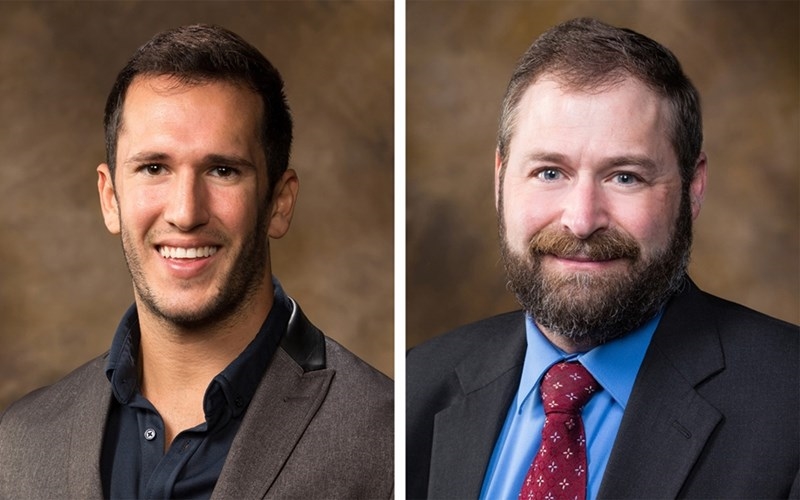A University of Arkansas professor and a recent doctoral recipient from the university have found that access to private school choice can reduce the likelihood of young adults being charged or convicted of crimes.
Students who participated in the Milwaukee Parental Choice Program throughout their high school years were 13 percent less likely than carefully matched public school students to be accused of any crime in their early 20s, researchers said. The voucher students were 22 to 76 percent less likely to be convicted of a misdemeanor, 71 to 84 percent less likely to be convicted of a felony, and 47 percent less likely to be convicted of theft than their public school peers.
The ranges in the effects were from statistical models that drew upon different samples and controlled for different sets of student and family background factors while generating statistically significant results.
The effects were larger for males than for females, according to their research. Students who only received a portion of their high school education in private schools tended to demonstrate crime rates statistically similar to those of their matched public school peers.
The results were published on July 8 in the scientific peer-reviewed journal Social Science Quarterly under the title "Private School Choice and Crime: Evidence from Milwaukee." The lead author of the article, Corey A. DeAngelis, is the Director of School Choice at the Reason Foundation and an adjunct scholar at Cato Institute. DeAngelis received his doctorate in education policy in 2018 from the University of Arkansas' Department of Education of Reform in the College of Education and Health Professions. The school choice and crime study was a major component of DeAngelis' doctoral dissertation.
The co-author of the study, Patrick J. Wolf, is a Distinguished Professor of education policy and 21st Century Endowed Chair in School Choice in the Department of Education Reform. Wolf has led major longitudinal evaluations of private school choice programs in Milwaukee, Wisconsin, Washington, D.C., and the state of Louisiana. The DeAngelis and Wolf study is the first evaluation of a private school choice program to examine the effects of choice on crime outcomes.
"Many school choice studies have focused on short-term outcomes, especially test scores," DeAngelis said. "We wanted to examine an outcome that is far more consequential: Whether or not a person has a criminal record as a young adult."
"The fact that only students with sustained exposure to private schooling, throughout their high school years, demonstrated clear positive effects makes sense," added Wolf. "Private schools seek to shape the morals and habits of students, especially if the schools have a religious affiliation. That kind of character formation likely takes several years to bear fruit."
The Milwaukee Parental Choice Program was launched in 1990, making it the oldest urban private school choice program in the U.S. It provided a tuition voucher worth up to $8,400 to nearly 29,000 students during the 2018-19 academic year. Students who live in Milwaukee and have family incomes at or below 300% of the federal poverty line are eligible for the tuition vouchers. The voucher covers the full cost of tuition at 129 different private schools in and around Milwaukee.
Wolf led a longitudinal evaluation of the Milwaukee Parental Choice Program from 2008 to 2012 that studied the effect of the voucher program on student test scores, civic outcomes, high school graduation rates, and college enrollment rates. The study of the effect of the school choice program on crime outcomes is a follow-up to that original evaluation.
The full article is available at https://onlinelibrary.wiley.com/doi/full/10.1111/ssqu.12698.
Topics
Contacts
Patrick J. Wolf, Endowed Chair in School Choice
Education Reform
479-575-2084, pwolf@uark.edu
